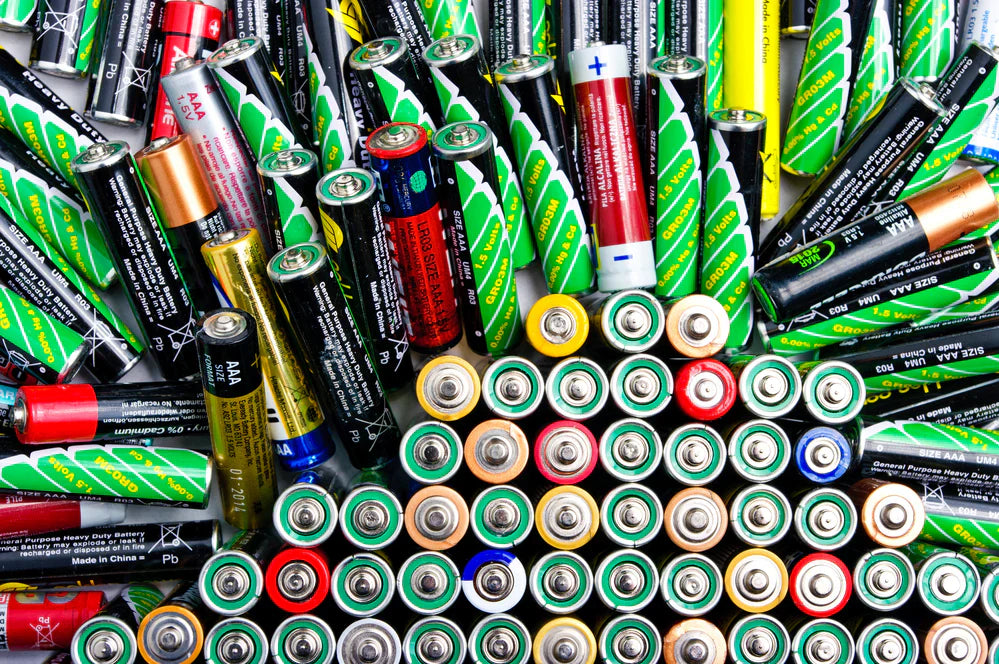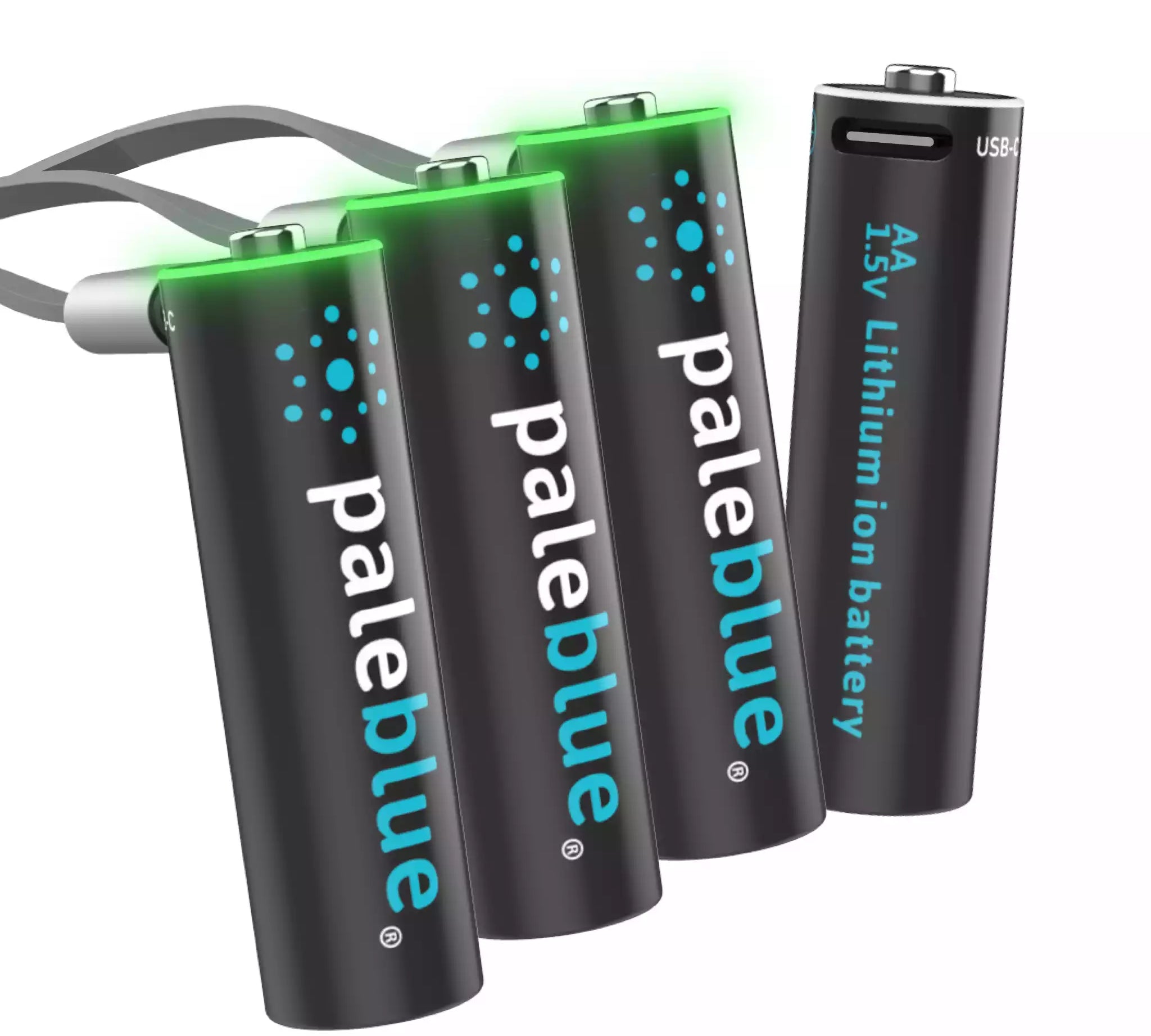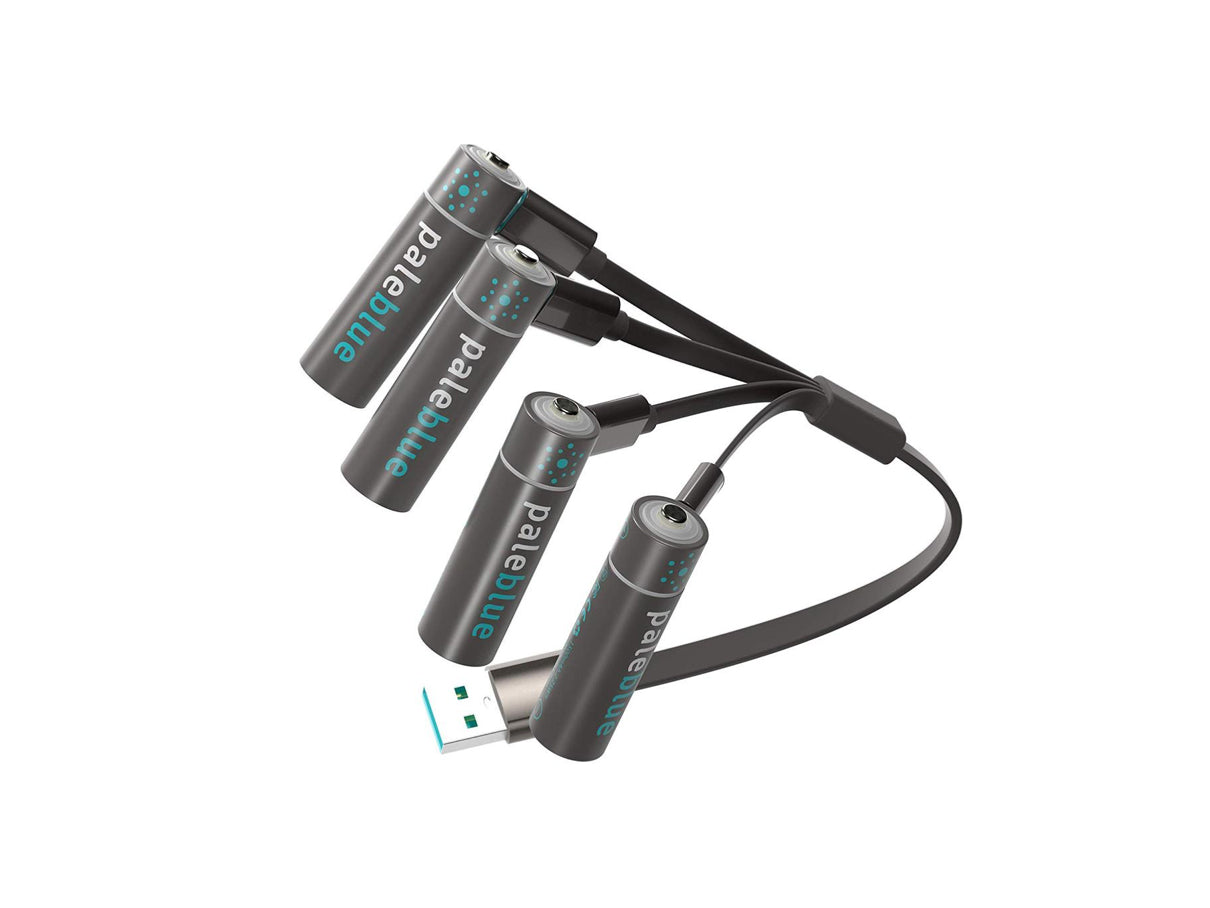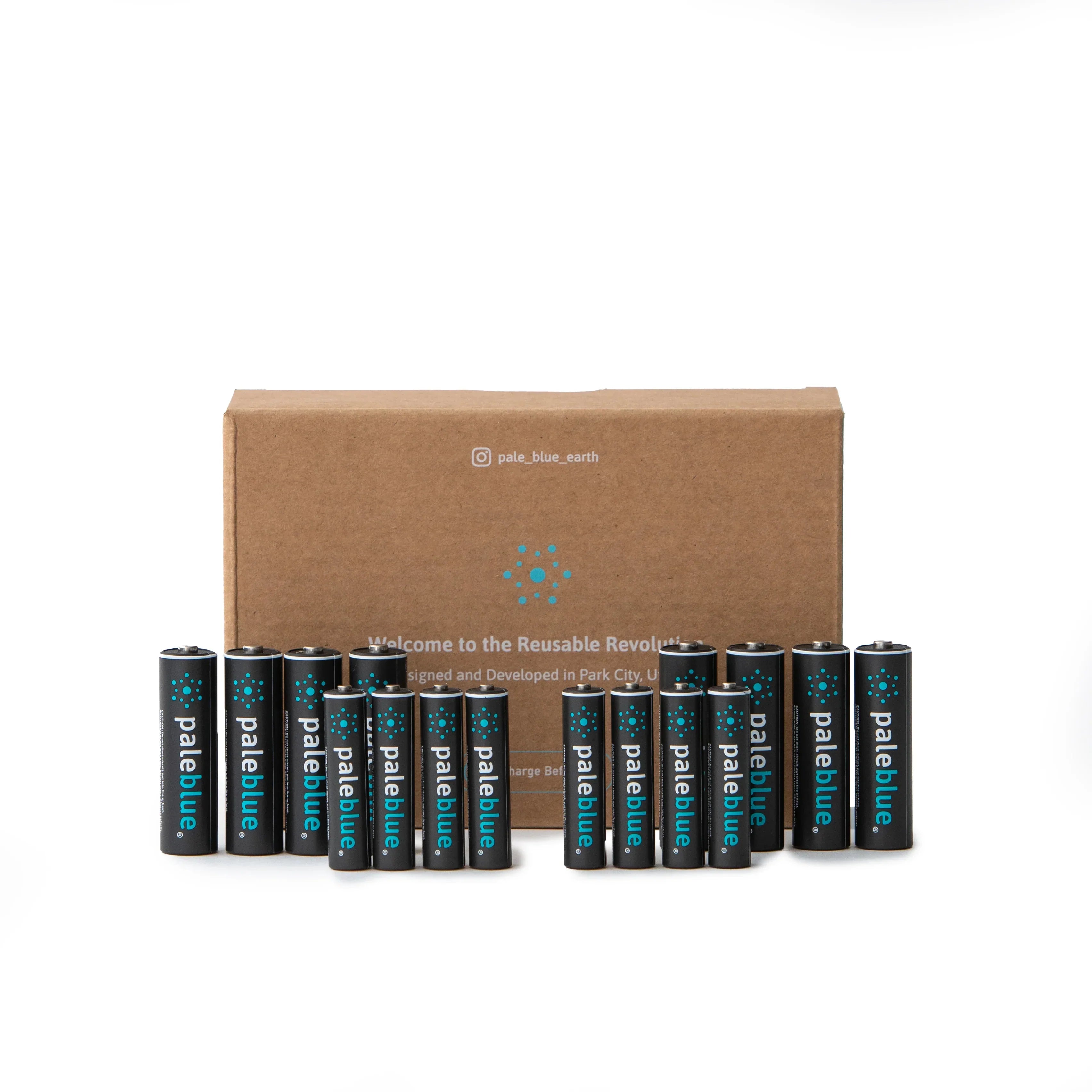Why Alkaline Batteries Are Prone to Leaking

You are searching through the junk drawer for a piece of lost treasure, maybe an old key chain. Suddenly, your fingers make contact with a substance that feels kind of wet but slimy at the same time. Don't look now, but you've just discovered leaking alkaline batteries. The back corner of your junk drawer is soaked with what you believe is battery acid.
First things first, don't panic. While the chemical that leaks from alkaline batteries can be irritating to the skin, it's not the end of the world. Just wash your hands immediately and then clean the mess in the drawer. After that, you might want to stop and think about why alkaline batteries leak. You might also want to consider the number one way to stop leakage: buy rechargeable lithium-ion batteries instead.
Why Do Alkaline Batteries Leak?
Disposable alkaline batteries used to be the only game in town. Then came NiCad and NiMH batteries. Today however, the undisputed champ of the consumer battery market is the lithium-ion battery. That's not to say people don't still use alkaline batteries. They do. Disposable alkalines remain the old standby for the simple fact that they are cheap and dependable.
To understand why alkaline batteries leak, you should probably know how they work. An alkaline battery is essentially a steel case containing a number of chemical elements capable of producing an electrical charge through an internal reaction. Every alkaline battery has a liquid electrolyte that breaks down over time.
Breakdown leads to the release of hydrogen gas. Over an alkaline battery's normal life, what we call ‘off-gassing’ isn't a problem. But if an alkaline battery sits too long, the pressure inside can eventually rupture the case. That's what happens when alkaline batteries leak.
Breaching the Seals
An alkaline battery's case is generally? Not always? tough enough to withstand off-gassing pressure. A leaking battery is generally one in which the seals have been breached. Any breach allows both hydrogen and potassium hydroxide – the liquid electrolyte – to escape.
There are occasions when a battery's case will actually corrode to the point of being breached. This occurs from the inside out, so there is no way to know the case is corroding until the battery starts leaking. At any rate, a corroded case can leak potassium hydroxide just as it does in cases of breached seals.
Lithium-Ion Batteries
Lithium-ion are considerably less prone to leakage compared to alkaline, because the liquid electrolyte inside is not prone to off-gassing. You do not get the same pressure build up inside the case.
A Better Battery Choice
Given the fact that alkaline batteries can leak, lithium-ion batteries are often a better choice. They are also better because they cost less in the long run. Our USB rechargeable batteries can be charged a thousand times or more. Imagine how many alkaline batteries you would have to purchase to get the same amount of practical use. Our batteries might cost slightly more at checkout, but they are significantly less expensive when measured by total electrical output.
Now you know why alkaline batteries leak. When they do, they create a terrible mess that isn't pleasant to clean up. The solution is easy: stop buying alkaline batteries and switch to USB rechargeable lithium-ion cells instead.








